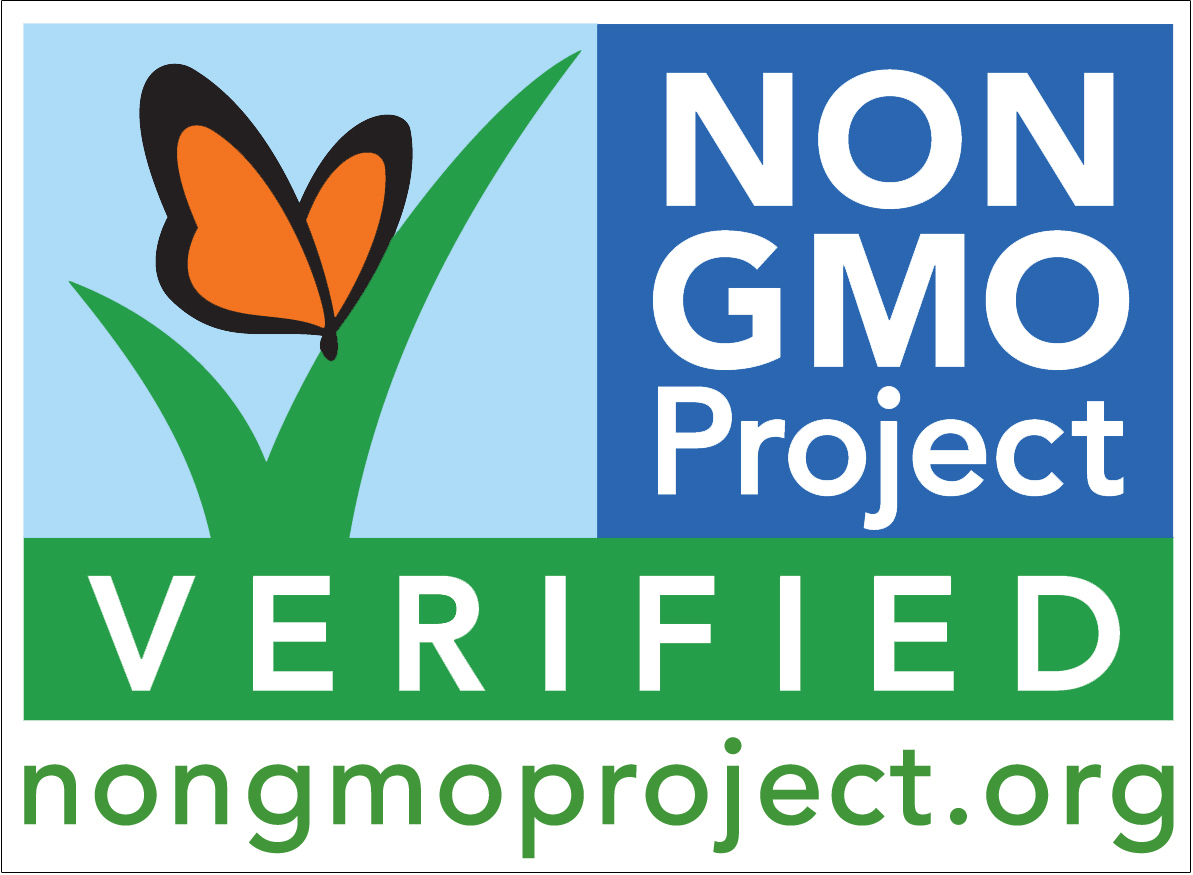The practice of labeling non-GMO foods is reaching a fever pitch. The seal of approval comes from The Non-GMO Project, a non-profit organization committed to preserving and building sources of non-GMO products, educating consumers, and providing verified non-GMO choices. GMO stands for “genetically modified organism.” Living organisms that are genetically engineered create artificially manipulated combinations of plant, animal, and bacterial or viral genes that do not exist naturally. Consumers have advocated for a right to know about the products they purchase making Non-GMO labeling here to stay.
GMOs are banned in over 60 countries. Corporate lobby groups have succeeded in keeping GMOs legal in the United States, making the GMO labeling of these products critical to meet consumer demand. Changes are happening slowly, however, as the USDA Food Safety and Inspection Service approved a label for meat and liquid egg products that would alert consumers to GMO ingredients. Whether or not it’s mandated, many companies are taking the lead and labeling their products. Whole Foods and Trader Joe’s were early adopters and many companies are following suit such as General Mills.
Consumers and retailers are getting on the same page agreeing that clearly labeled products empower consumers and send a clear message to the farming and seed and food industries. With independent non-GMO verification well underway, matters are taken into consumers’ hands. The demand is here. The Non-GMO Project has verified over $8.5 billion in annual sales. And this number is growing.
Non-GMO Labeling Continues
As the application of Non-GMO labeling continues, consumer concern will ease and confidence will set in supermarket aisles and restaurants across the country. Making informed and educated choices is the hallmark of buyer empowerment. When customers are confident they are purchasing safe, quality food, they will continue to direct their food budget to retailers that provide what they are looking for. The practice of non-GMO labeling is sparking additional research to find more effective means to produce healthy foods in a more natural state for long-term, public consumption.

